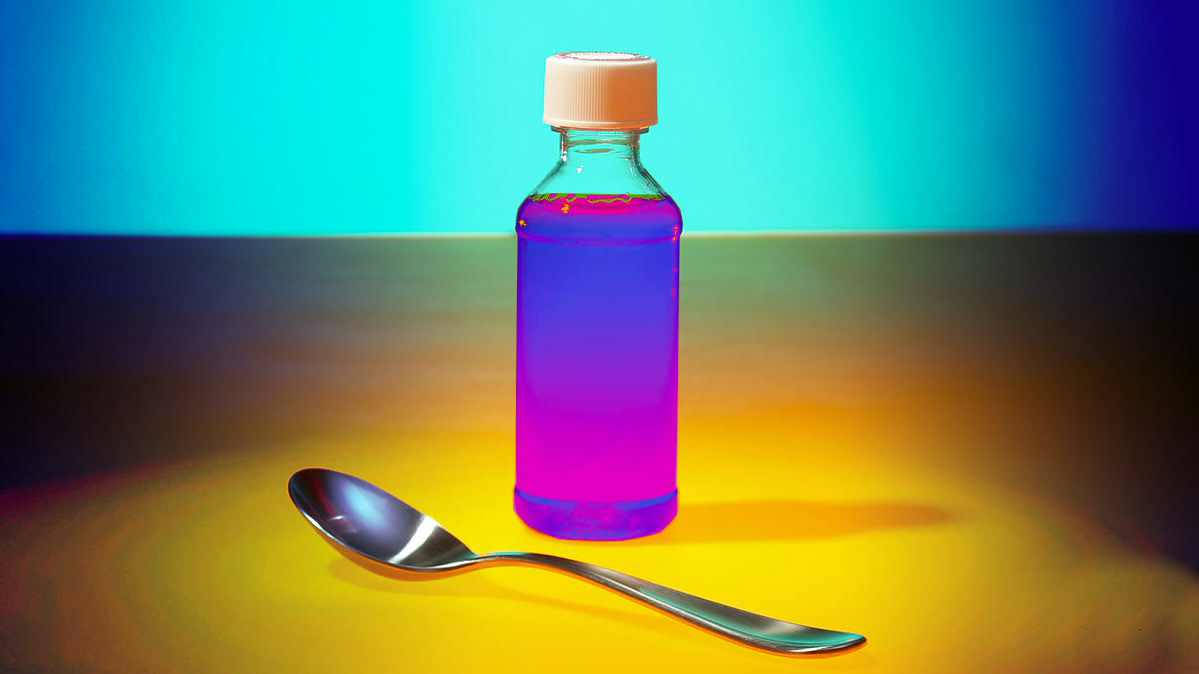
Consumer Reports has no financial relationship with advertisers on this site.
When the televangelist and convicted fraudster Jim Bakker started hawking a product called Silver Solution as a remedy for the coronavirus in mid-February, news organizations and consumer watchdogs quickly called him out. The Food and Drug Administration and the Federal Trade Commission were urged to take action against the product, which Bakker and a guest on his show alleged could cure the novel virus “within 12 hours.”
But weeks after Bakker first discussed it on air, Silver Solution, which can cost as much as $300, remains on the market. (Bakker and his TV show did not respond to a request for comment.)
Public health scares tend to dredge up hucksters selling fraudulent products, and the novel coronavirus, now linked to more than 3,000 deaths worldwide, is no different.
But as health authorities scramble to contain the disease—now officially named COVID-19— regulators face a daunting task: preventing illegal, potentially unsafe products from being sold to consumers as a cure for the disease.
Those agencies may not be nimble enough to quickly remove products like Silver Solution, says Peter Lurie, M.D., president of the Center for Science in the Public Interest (CSPI). On Feb. 20, his group sent letters to the FDA and the FTC calling on them to take action against Bakker. Yet nothing has happened.
“Even if the agency is planning an action, there’s quite a lot of work that has to go in before they can execute it,” says Lurie, who used to work at the FDA. “But we’re still hopeful that they will take some action.”
An FDA spokesperson said the agency couldn’t comment on the matter. The FTC didn’t respond to a request for comment.
Social media companies and online retailers have significant challenges of their own when it comes to policing false ads and fake products.
“Like a good movie, scams get your attention by telling a convincing story,” says Chuck Bell, programs director for Consumer Reports’ advocacy division. “Con artists love to take advantage of new health scares, to cash in on the public’s fear and anxiety.”
FDA Warns Retailers to Look for Bad Actors
In early February, FDA officials warned companies like Amazon, ebay, and Walmart that sales were likely to increase of “unproven and illegally marketed products,” according to a court filing. It urged them to look for “hand sanitizers and other topical human drug products [making] disease-specific claims,” such as being effective in killing the coronavirus.
The FDA spokesperson referred CR to a Feb. 14 statement by the agency's commissioner, Stephen Hahn, M.D. It said that products claiming to prevent, treat, or cure COVID-19 that had not been evaluated by the agency for that intended use could be subject to potential enforcement action. Hahn says a coronavirus task force “has already worked with retailers to remove more than a dozen types of product listings online.”
“Several retailers have already responded that they plan to monitor coronavirus claims,” he says. “The agency is committed to taking action to prevent unscrupulous actors from marketing unlawful products related to this outbreak.”
In late February, Amazon announced it was pulling 1 million products from its site because of price gouging and false claims related to COVID-19.
“We are disappointed that bad actors are attempting to artificially raise prices on basic needs during a global health crisis and, in line with our longstanding policy, have recently blocked or removed tens of thousands of offers,” an Amazon spokesperson said in a statement shared with news outlets. “We continue to actively monitor our store and remove offers that violate our policies.”
But as of Thursday, a spot check by CR uncovered a number of questionable products with claims that they help fight and even prevent COVID-19.
A brimmed hat with an “anti-COVID-19 all-purpose face protecting shield” was available for $40. A “COVID-19 protective hat for women” could be purchased for $5.99. And if you happened to search for “COVID-19,” listings for multivitamins and a wide array of e-books on the topic popped up.
A company spokesperson didn’t respond to a CR request for comment. Neither did a spokesperson for Ebay about what it's doing to prevent listings with bogus coronavirus claims from going live. A Walmart spokesperson had no comment at press time.
How to Protect Yourself
If you’re seeking products to help combat the coronavirus, consumer advocates stress that you should have a healthy dose of skepticism.
“If something seems too good to be true, it probably is,” says Lurie of the CSPI. “If something happens to claim effectiveness for the immediate health scare, it probably is not effective. If it were, we would’ve heard about it, and it would be headed to the FDA for potentially rapid approval.”
Even seemingly obvious products may not be helpful. The Centers for Disease Control and Prevention, for example, doesn't recommend the use of face masks by the general public in the U.S.
CR’s Bell agrees with Lurie’s perspective. “Think about it,” he says. “If there were a real medical breakthrough that merited your attention, wouldn’t you be hearing about it from a trusted healthcare source, such as the Centers for Disease Control and Prevention?”
Bell says if you come across a suspicious offer, report it to the FTC or your state attorney general.
“These agencies analyze patterns of fraud,” Bell says, “and have professional investigators who can go after the scam artists, shut down their operations, and recover money for the fraud victims.”
For tips on what steps you should take to prevent being infected by the coronavirus—such regularly washing your hands and trying not to touch your face—see CR's ongoing coverage.
Consumer Reports is an independent, nonprofit organization that works side by side with consumers to create a fairer, safer, and healthier world. CR does not endorse products or services, and does not accept advertising. Copyright © 2020, Consumer Reports, Inc.
